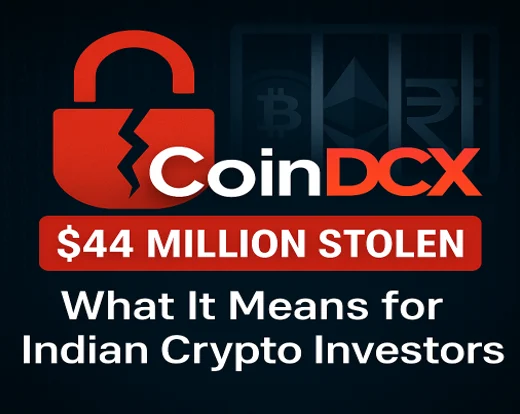
Coinbase CEO Brian Armstrong has raised concerns over rumors that the U.S. Securities and Exchange Commission (SEC) may ban retail investors from participating in cryptocurrency staking. Armstrong took to Twitter to express his thoughts, stating that he hopes the rumors are not true as he believes such a ban would be a “terrible path” for the U.S. The SEC declined to comment on the rumors.

Staking as a Technique at the Core of Blockchains
Staking is a technique at the core of running blockchains, including Ethereum, and generates income for those who participate. The value of staked assets was around $42 billion in the fourth quarter of 2022, with annualized staking rewards of $3 billion, according to a report by Staked, a non-custodial staking service provider.
SEC’s Previous Statement on Staking and Howey Test
Gary Gensler, the Chairman of the Securities and Exchange Commission (SEC), has expressed that cryptocurrencies that permit staking may fall under the category of securities according to the Howey test. Despite this, ether has been labeled as a commodity by the Commodity Futures Trading Commission (CFTC), which is a sister regulatory body of the SEC.
Opposition to Staking Being Classified as an Unregistered Security
The executive director of the Proof of Stake Alliance (POSA), Alison Mangiero, opposes any assertion that staking constitutes an unregistered security. She believes that staking is a way for anyone to provide security for proof of stake networks and the existence of staking service providers allows everyday Americans to participate in staking, which democratizes network consensus and validation.
The potential ban on staking for retail investors has also raised questions about the role of the SEC in regulating the cryptocurrency industry. Some believe that the SEC’s classification of staking as a security could stifle innovation and limit the potential for growth in the industry. On the other hand, proponents of the classification argue that it would protect retail investors from potential fraud and mismanagement, which has been a concern in the industry.
Conclusion
Armstrong’s concerns over a potential ban on retail investors participating in cryptocurrency staking have sparked a debate over the nature of staking and its classification under the Howey test.
The SEC has still to comment on the matter. However, regardless of the SEC’s eventual decision, it is clear that the cryptocurrency industry, as represented by the CEO of one of its largest exchanges, believes that staking is a vital part of the blockchain ecosystem and that any regulatory action that hinders it would be a significant setback for the industry and the technology as a whole. As the adoption of cryptocurrencies and blockchain continues to grow, it will be interesting to see how regulators and the industry will continue to work together to ensure the development and growth of this exciting and rapidly evolving field.
What is Staking?

Staking is a process in the world of cryptocurrency that involves holding onto specific coins or tokens for a period of time in order to validate transactions and secure the network. In return for staking their coins, participants receive rewards in the form of additional coins or tokens.
Staking is often used in proof-of-stake (PoS) blockchain networks as an alternative to the energy-intensive proof-of-work (PoW) consensus mechanism used by cryptocurrencies like Bitcoin. In a PoS network, stakers, also known as validators, play a crucial role in maintaining network security by validating transactions and creating new blocks.
To participate in staking, individuals typically need to lock up a certain amount of coins in a wallet, either on their own or through a staking service provider. Depending on how many coins are staked and how long they are held, different payouts are given out.
Staking has become a popular way for investors to earn passive income from their cryptocurrency holdings and is seen as a way to increase the overall security and decentralization of blockchain networks.







